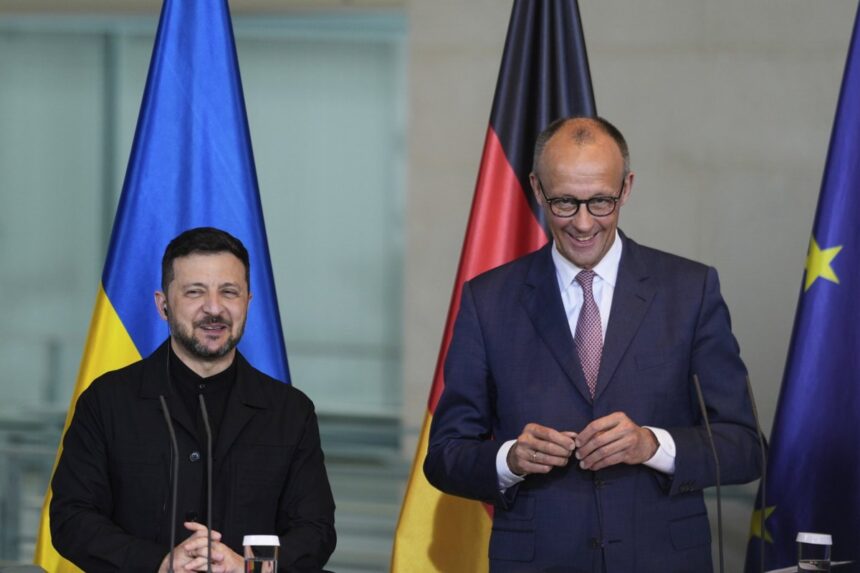Article – The expanded roster at next week’s Canadian-hosted G7 summit signals Ottawa’s diplomatic pivot toward building broader coalitions amid rising global tensions. When leaders gather in Quebec’s Charlevoix region, the traditional seven industrialized democracies will be joined by representatives from emerging economies and strategic partners in what officials describe as “necessary coalition-building for uncertain times.”
I’ve witnessed similar diplomatic configurations while covering summits across three continents, but the scope of Canada’s outreach reflects a calculated response to multiple converging crises. Beyond the core G7 membership of Canada, France, Germany, Italy, Japan, the United Kingdom and the United States, Prime Minister Justin Trudeau has extended invitations to leaders from India, Brazil, South Africa, and several other nations with significant regional influence.
“This expanded format acknowledges that today’s most pressing challenges—from climate adaptation to supply chain resilience—cannot be addressed by the traditional powers alone,” explains Amrita Narlikar, president of the German Institute for Global and Area Studies, whom I interviewed last week. “The question remains whether this represents a genuine power-sharing arrangement or merely consultation.”
The summit agenda reveals three interconnected priorities: economic resilience, climate finance, and collective security. Canadian officials have privately acknowledged to me that bringing additional voices to the table serves both practical and symbolic purposes, particularly as Western-led institutions face legitimacy challenges from the Global South.
Brazil’s President Lula da Silva, whose country holds this year’s G20 presidency, has confirmed attendance and is expected to push for reformed global governance. His presence creates a bridge between the G7 and G20 processes, potentially enhancing coordination between the two forums. During a press briefing I attended in Brasília last month, Foreign Minister Mauro Vieira emphasized that Brazil would “bring perspectives from developing nations directly into discussions dominated by Western priorities.”
Finance ministers have already laid groundwork for what Canadian Finance Minister Chrystia Freeland calls “concrete deliverables” on climate finance. Documents obtained through diplomatic sources suggest Canada will propose new mechanisms for climate adaptation funding that reduce bureaucratic hurdles for vulnerable nations—a response to longstanding criticism of unfulfilled climate finance pledges.
The Ukraine conflict inevitably shadows the proceedings. President Volodymyr Zelenskyy will address the leaders virtually, with Western allies attempting to solidify support among non-aligned nations. India’s participation is particularly significant, as Prime Minister Narendra Modi has maintained economic ties with Russia while gradually strengthening security cooperation with G7 members.
“Modi walks a tightrope between strategic autonomy and alignment with Western powers,” says Tanvi Madan, director of the India Project at the Brookings Institution. “His presence at Charlevoix allows for direct engagement on Ukraine but also advances India’s interests on trade, technology, and multilateral reform.”
Standing beside the St. Lawrence River during a pre-summit security walkthrough, I was struck by the contrast between the region’s serene beauty and the turbulent global conditions the leaders will address. Local businesses display welcome signs in multiple languages, yet security measures have transformed parts of La Malbaie into a virtual fortress, with restricted zones and enhanced surveillance systems.
Economic discussions will likely center on artificial intelligence governance, critical minerals supply chains, and countering economic coercion. Canada has positioned itself as a potential “bridge builder” between larger economies and smaller, resource-rich nations—particularly on critical minerals essential for clean energy technologies.
“The expanded guest list directly connects to economic security concerns,” reveals a senior Canadian official speaking on background. “We’re essentially mapping future supply chains and diplomatic alignments in real time.”
For African participants, including South Africa’s President Cyril Ramaphosa, climate finance commitments will be closely scrutinized. The African Development Bank estimates the continent needs $1.6 trillion through 2030 to implement climate action plans. Previous G7 gatherings have generated ambitious declarations but inconsistent follow-through.
Having covered multiple climate conferences where promises outpaced delivery, I’ve observed growing skepticism among developing nations. The Charlevoix summit offers Western leaders an opportunity to rebuild credibility through specific, trackable commitments rather than aspirational targets.
Discussions will inevitably address tensions with China, though diplomats have carefully structured the agenda to focus on “economic security” rather than explicit containment strategies. Beijing has already criticized the expanded format as an attempt to create “exclusive blocs” that undermine global cooperation.
As the summit approaches, Canadian officials acknowledge the complexity of managing diverse interests within an expanded format. “We’re essentially testing whether the G7 can evolve from a club of wealthy nations into a more inclusive platform without losing its cohesion,” a diplomatic adviser tells me.
The outcome remains uncertain, but the expanded guest list itself represents an important acknowledgment: the world’s most pressing challenges demand more voices at the table, even if that makes consensus more difficult to achieve.






